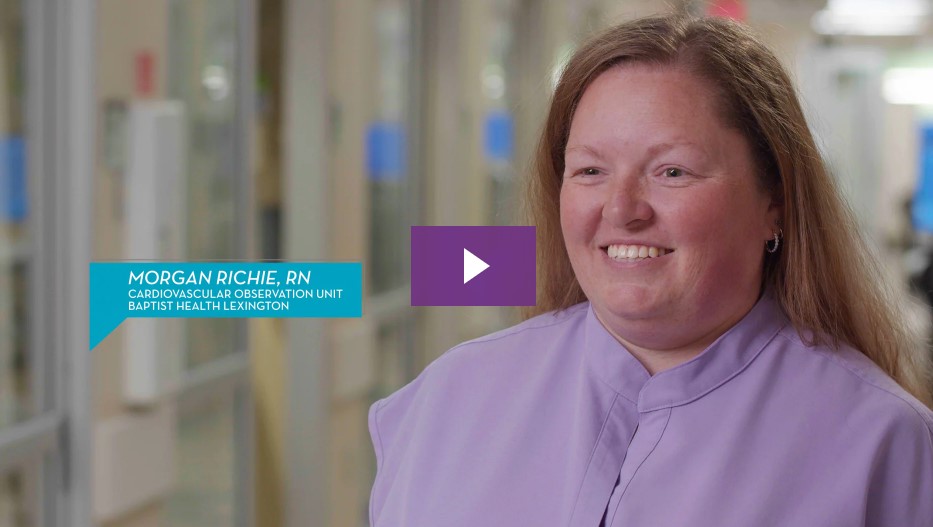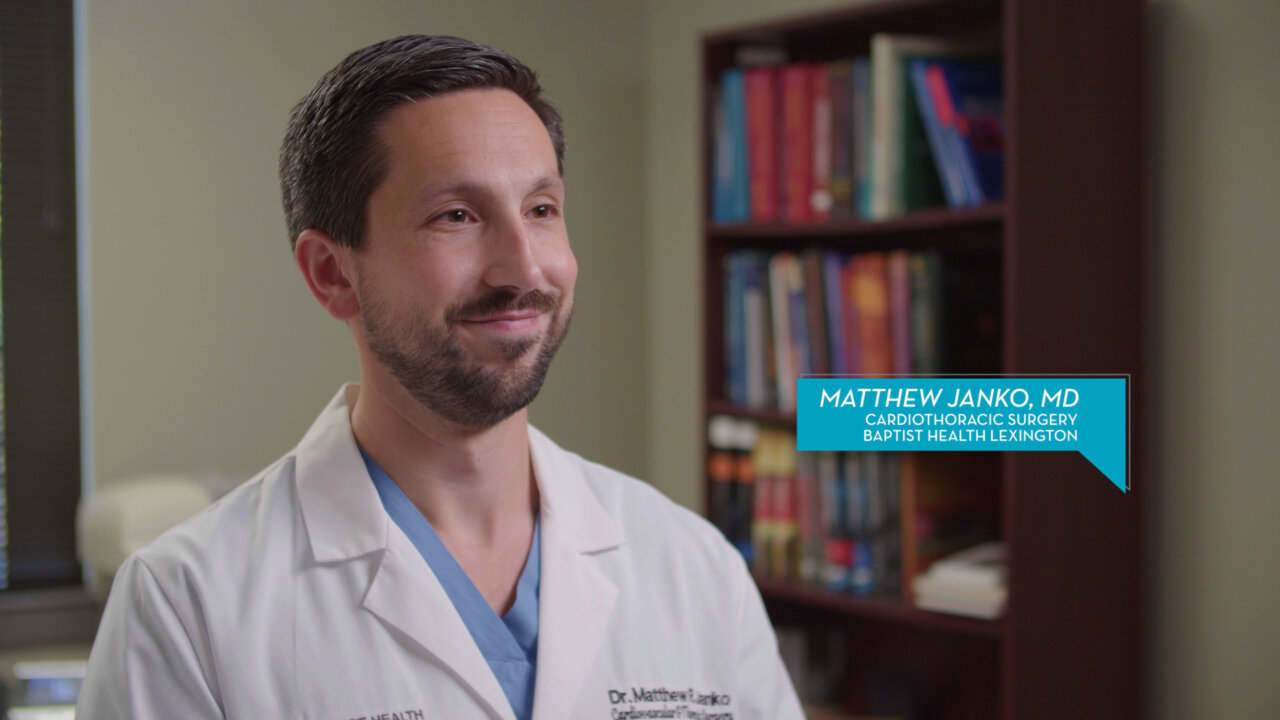Participating in a Stroke Study
Baptist Health Lexington: Participating in a Stroke Study
Cardiologist MICHAEL JONES, MD discusses Baptist Health Lexington’s stroke study, and describes how it will help doctors determine the best treatment options for people at risk.
Participating in a Stroke Study Health Talks Transcript
Michael R. Jones, MD, Cardiologist:
Our study, CREST-2, actually is interested in finding out whether or not people who are at risk for stroke will do just as well with medical management alone or whether they need stinting or surgery in addition to medical management to prevent stroke. For patients with a history of stroke, we will usually do a carotid artery ultrasound. This is a simple and non-invasive study that allows us to assess the presence or absence of blockage, and the severity of blockage in the carotid arteries. Remember, the carotid arteries are the two major blood vessels that carry blood from the heart to the brain. If there is severe blockage in there, the two treatment options are surgical procedure to remove the blockage or a stint procedure to open it up with a scaffold. The warning signs of stroke are varied, but usually include a period where it becomes difficult to speak or to find the right word, as well as either a period of weakness or numbness that affects just one side of the body. Sudden loss of vision may be a stroke warning sign as well. If you have a minor stroke or a warning sign of a stroke, you should see your physician immediately. If you have more than one risk factor for stroke, we do recommend screening.



